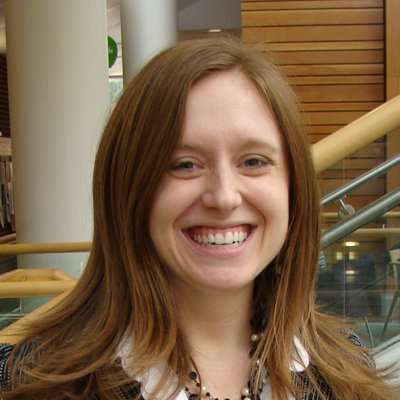2022 GRANTEE: Kea Turner, PhD
Moffitt Cancer Center
Research Project: Remote Nutrition Monitoring for Metastatic Pancreatic Cancer Patients
Award: 2022 Pancreatic Cancer Action Network Career Development Award, funded by an anonymous donor
Award Period: July 1, 2022 – June 30, 2024
Amount: $250,000

Biographical Highlights
Kea Turner, PhD, is an Assistant Professor and Assistant Member at Moffitt Cancer Center and the University of South Florida. Dr. Turner completed her undergraduate work at Tulane University in New Orleans, La., and then earned master’s degrees in education and public health at University of North Carolina, Chapel Hill. She also received her PhD in health policy and management from University of North Carolina.
Her research interests include implementation science, cancer care delivery, and digital health. She is currently leading several trials focused on developing and implementing remote patient-reported outcome monitoring programs for individuals with pancreatic and other gastrointestinal cancers to reduce symptom burden and malnutrition. Her research applies user-centered design, mixed methods, and implementation science approaches to develop and test interventions as a part of routine cancer care delivery.
Project Overview
Malnutrition is widely recognized as a common and distressing symptom of pancreatic cancer and its treatment. Malnutrition negatively affects quality of life, treatment tolerance and survival for pancreatic cancer patients. Despite its severity, there is limited evidence about how to manage malnutrition.
To address this gap, Dr. Turner and her colleagues have designed a pilot trial that will involve 50 patients with metastatic pancreatic cancer who are initiating chemotherapy. Half the patients will enroll in an eight-week remote malnutrition monitoring program (intervention group), while the other half will receive usual care (control group). The intervention group will receive 1) individually tailored, bi-weekly nutritional counseling from a dietitian via telehealth and 2) remote monitoring through a smartphone app (Fitbit) to allow patients to track and share their food intake data (e.g., daily calories) with a dietitian in real time. Usual care in the control group will include referral to a dietitian based on physician’s discretion.
The research team will assess feasibility (recruitment and retention rates), acceptability (rating of intervention satisfaction) and usability (rating of how easy it is for patients to use the mobile app to log dietary intake). While this pilot trial will be underpowered (not include enough patients to obtain statistically significant data) to evaluate efficacy, Dr. Turner will collect pilot data on key outcomes of interest to support a larger efficacy trial. Key outcomes will be based on recommended diagnostic criteria for malnutrition (e.g., weight, body mass index, muscle mass). Additional endpoints include gastrointestinal symptom burden, quality of life, relative dose intensity of chemotherapy and biomarkers (biological clues) that indicate the presence of inflammation. Outcomes will be assessed at baseline, eight weeks and 16 weeks after treatment initiation.
Specific aims for this project include: 1) Assess the feasibility, acceptability and usability of an eight-week remote malnutrition monitoring program; 2) Assess the preliminary efficacy of remote malnutrition monitoring vs. usual care for reducing malnutrition and symptom burden and improving quality of life and treatment tolerance; and 3) Explore differences in inflammation among patients with metastatic pancreatic cancer in the remote malnutrition monitoring vs. usual care conditions. Malnutrition is a key determinant of quality of life, treatment tolerance and survival among pancreatic cancer patients. Therefore, developing an evidence-based intervention to address malnutrition could improve patient outcomes. Positive findings from this pilot trial could help achieve this long-term goal by laying the foundation for a larger efficacy trial.





